Exact Answer: 10-14 days
Coming under the waterfowl family Anatidae, along with geese and swans, ducks are birds that live in the aquatic habitat. They are smaller than both geese and swans. Ducks are located in seawater and freshwater.
While a female duck is known as a duck, the male duck is referred to as a drake, and the baby duck is called a duckling. Ducks reproduce by laying eggs. These eggs can be laid with or without the involvement of a drake.
But the eggs that were laid without the duck having to breed with the drake, are infertile and are sold for food. Those eggs that were the result of mating with a drake have gone through the process of fertilization, and thus become fertile.
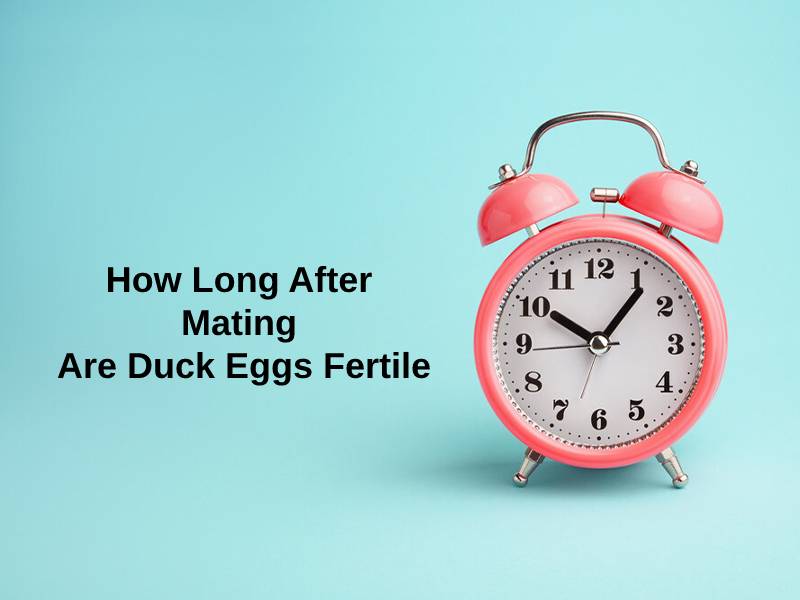
How Long After Mating Are Duck Eggs Fertile?
| Time it takes for duck eggs to be fertile | Almost 10-14 days |
| Laying period for ducks | Approximately 2 weeks |
| Incubation period for duck eggs | About 1 month |
As previously mentioned, female ducks do not need to mate with male ducks in order to lay eggs. Ducks become mature and ready to mate and lay eggs at about 4-7 months of age. This is a general estimate, and this time of maturity varies with each type of duck. This means that you can expect the first batch of eggs from your duck when it is 4-7 months of age.
For example, breeds such as Runners and Bantams will begin laying eggs at 4 months. Muscovies and Pekins are heavier, and so will begin laying eggs a little later than them, at around 6 months of age. Breeds such as Khaki Campbells also start laying eggs around 4 months. Sometimes, ducks that are domesticated such as Mallards, are known to begin laying eggs in the spring season, irrespective of their ages.
After mating, the eggs that are formed will be fertile in about 10-14 days.
When a duck is laying its eggs, it can take up to two weeks to completely finish laying them, starting from the very first egg to the very last one in that particular batch. During this period, the duck lays a single egg every day, totaling up to approximately 12 in the end.
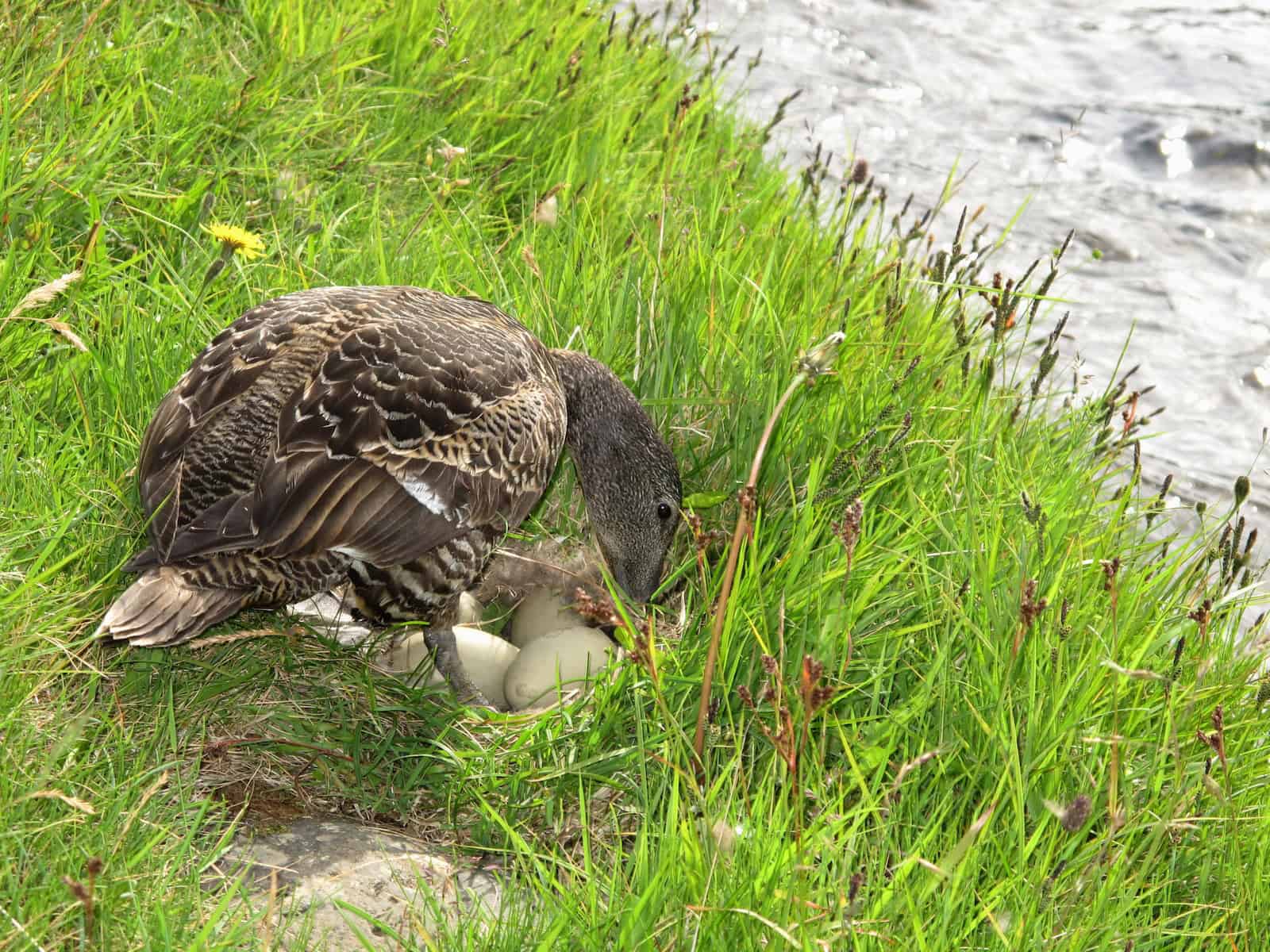
After laying all the eggs, the duck sits on them to safely trigger the hatching of the eggs in a short period of time. This is done to safeguard and protect her brood. The key element of this process is the mother duck’s warmth that envelops the eggs and helps them grow and prepare for hatching. Although the period of incubation varies between the species of ducks, the general rule of thumb is about a month.
After the incubation period, the shells of the eggs begin to crack and hatch, allowing the ducklings to peek through.
Why Do Duck Eggs Take That Long To Become Fertile After Mating?
Male ducks, or commonly referred to as drakes, have a phallus unlike 97% of birds in the world. In addition, female ducks are born with a vaginal canal that is made to accommodate the phallus of the male. This is how fertilization occurs if the female duck and male duck choose to mate. This additional option gives ducks the chance to reproducing and laying eggs in two ways.
This phallus that the male duck possesses transports sperm into the vaginal canal of the female. This allows for the fusion of the female duck’s eggs and the male duck’s sperm, resulting in a fertilized egg.
Usually, out in the wilderness, female ducks will pick and choose a male duck to mate with for the entire breeding season. After the breeding season ends, both the female duck and the drake will move on to different partners in order to lay more eggs that are fertile.
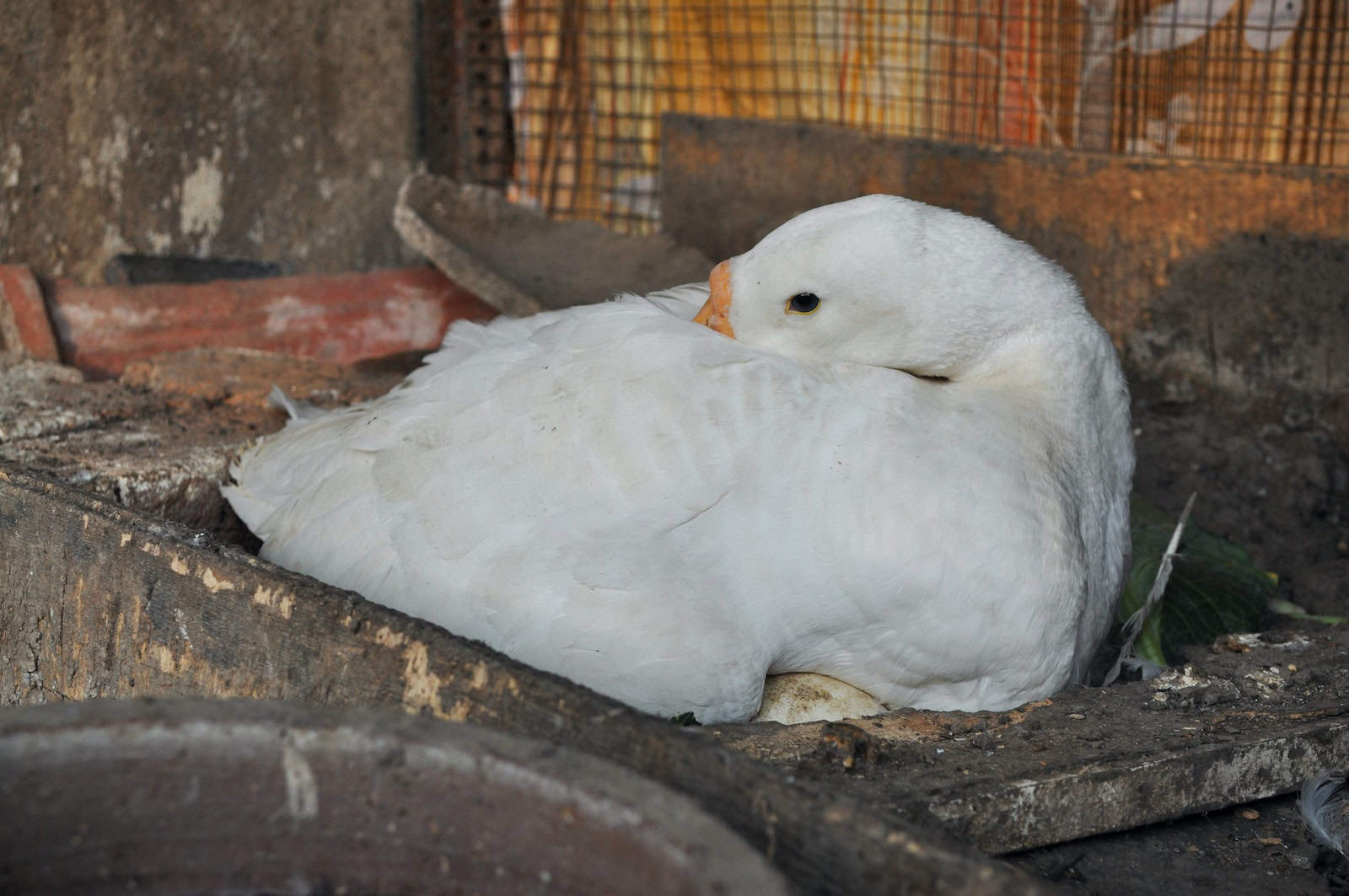
After mating, female ducks have the ability to store the sperm for two weeks at least. During this time, the eggs in the female duck become fertilized successfully. This is why it takes 10-14 days for the eggs to become fertile. This ability to store sperm enables the duck to fertilize many eggs in one breeding season.
Ducks prefer to breed in a water body, over on land. This is because they find it to be a more natural environment for mating. But this does not mean that ducks never breed on land, as they do if the female duck wishes to.
Conclusion
Therefore, we can understand that ducks do not need a male duck (drake) for laying eggs, as female ducks have the ability to make eggs on their own. But we must keep in mind that these eggs will not be fertile. If the duck mates with a drake, then the eggs that will be laid will become fertile. This means that these eggs will hatch and grow into ducklings.
The process of reproduction is quite complex for ducks, as they have to lay eggs, incubate them for a period of time, and then hatch them. Ducks are just one type of bird among many that do not need a male counterpart to reproduce and lay eggs. Birds such as domesticated chickens and turkeys also fall under this category of birds.

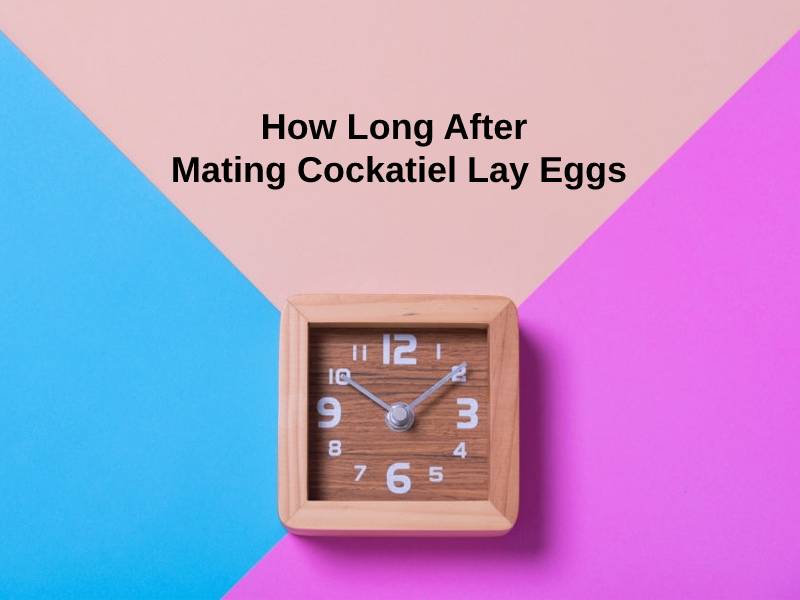
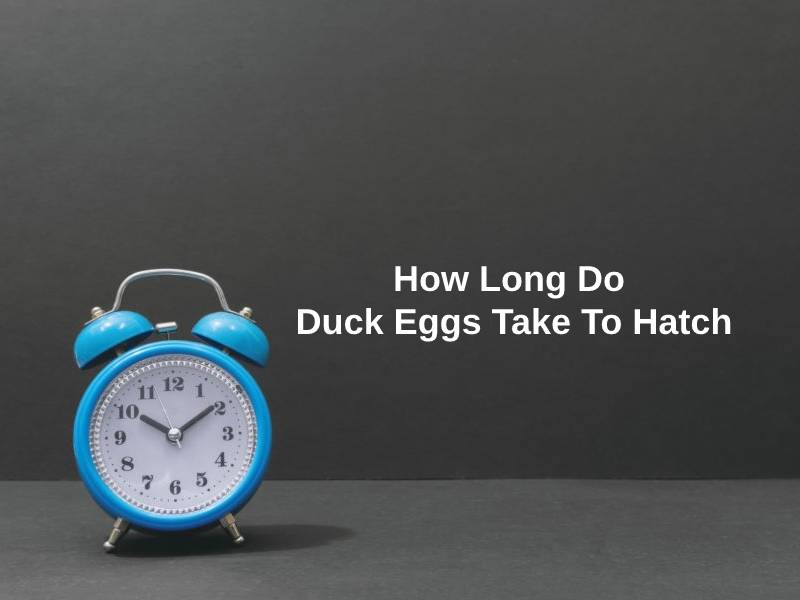
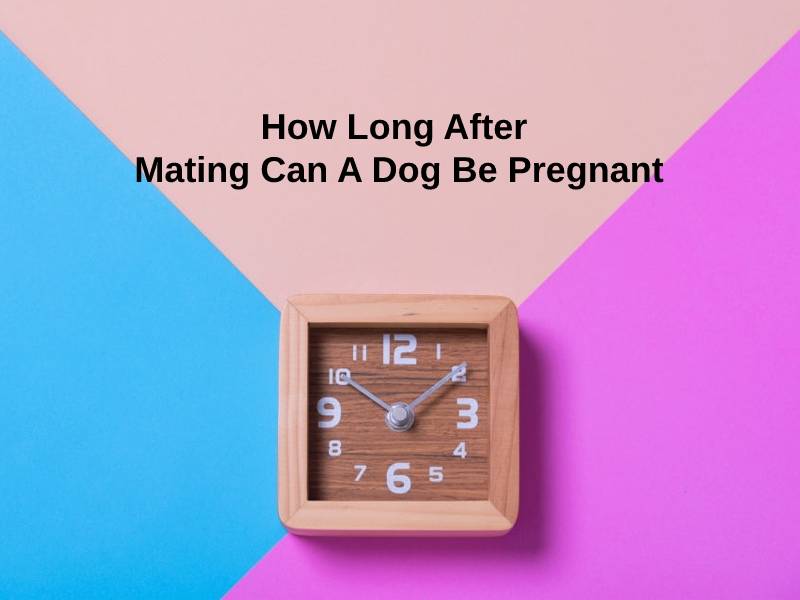
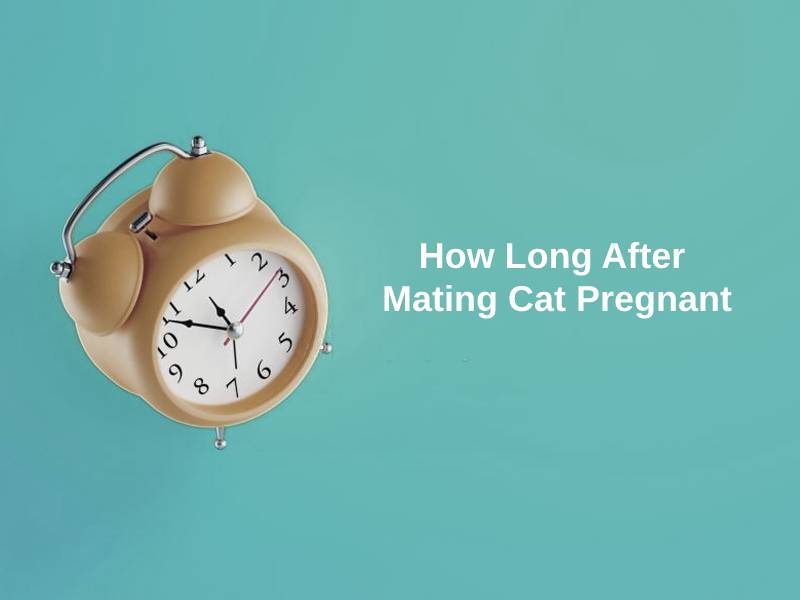

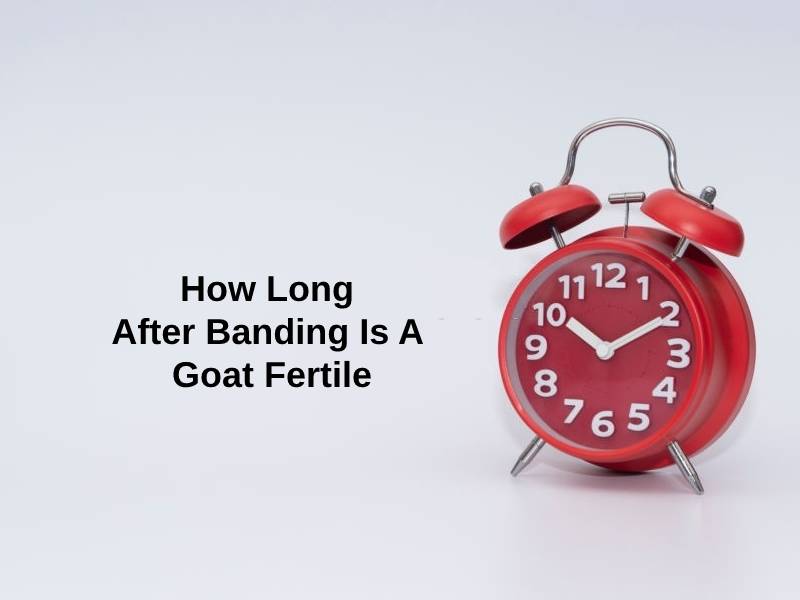
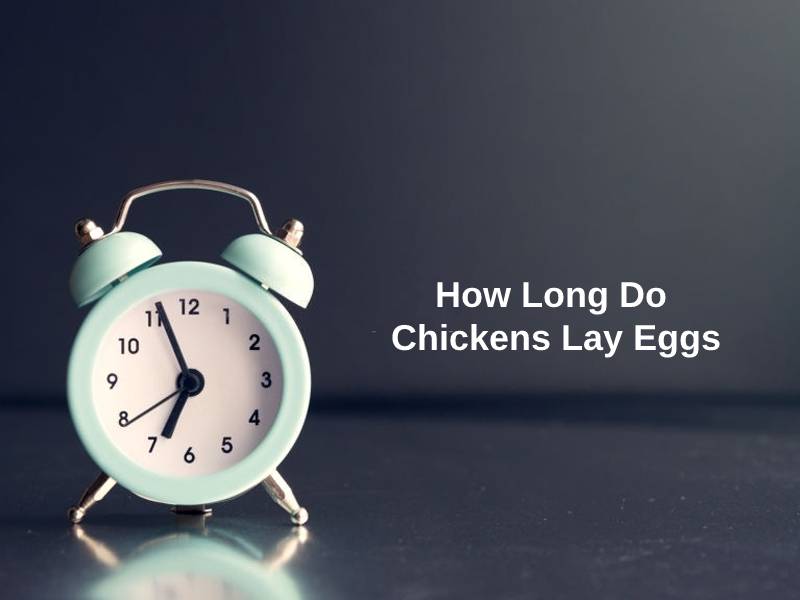
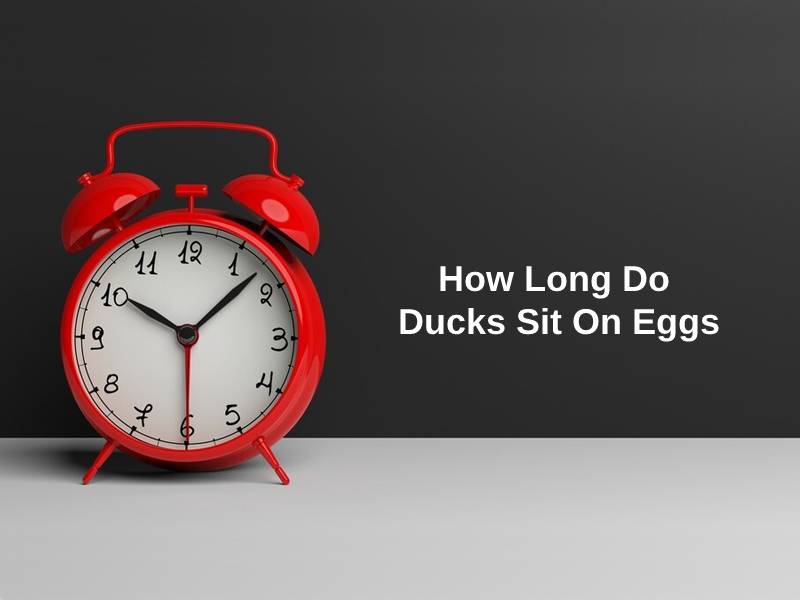

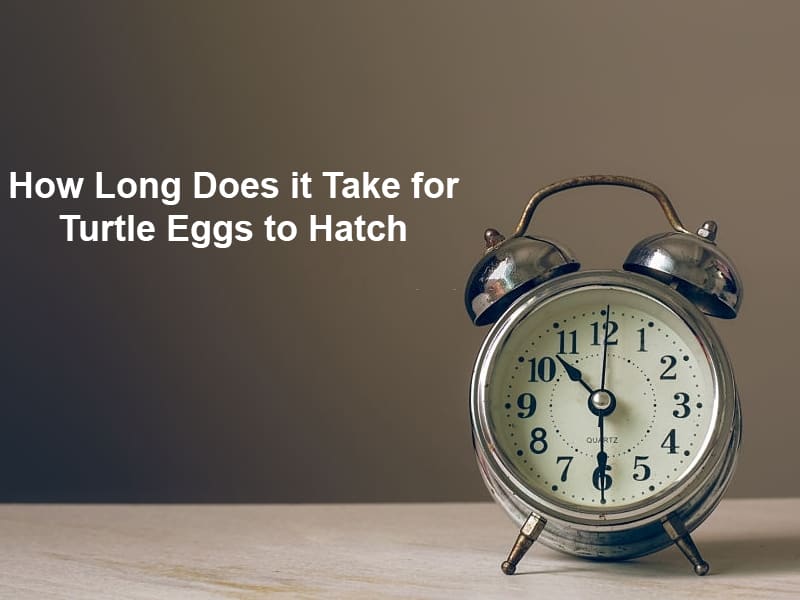
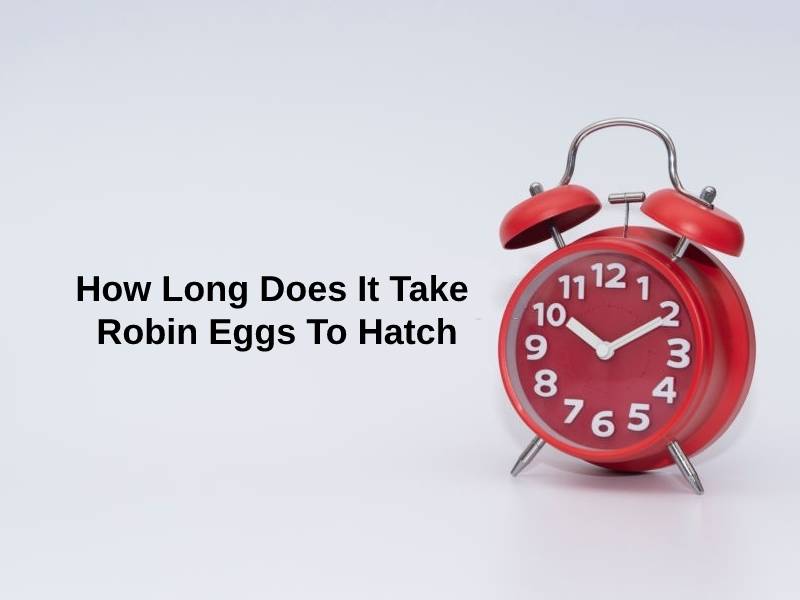








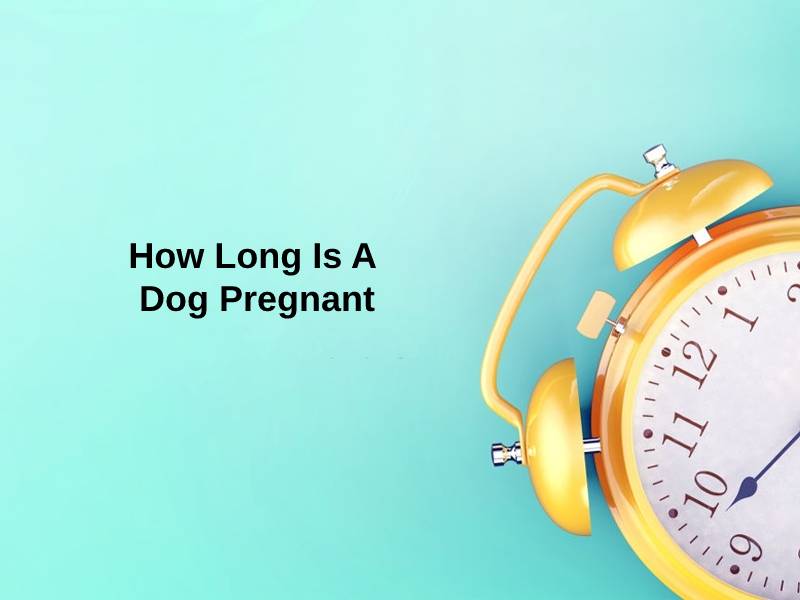
This is a very fascinating article! The details about duck reproduction and egg fertility are quite enlightening and well-explained.
The article provides a detailed account of how female ducks store sperm and the subsequent fertilization process. It’s an engaging and illuminating read.
Absolutely, the details about duck reproduction are presented in an informative and engaging manner.
I completely agree! The article does a great job of explaining the reproductive mechanisms of ducks.
The article offers a comprehensive explanation of how duck eggs become fertile and the process of incubation. It’s quite enlightening and well-researched.
I agree, the article provides valuable insights into the reproductive behavior of ducks. It’s very informative.
The article offers valuable insights into duck reproduction and the process of egg fertility. It’s an engaging and informative piece.
I found this article to be quite educational and engaging. The information about duck mating and reproduction is presented in a clear and comprehensive manner.
I agree, the article does a great job of explaining the process in detail. It’s very informative.
This article sheds light on an aspect of duck behavior and reproduction that many people may not have been aware of. It’s a fascinating read.
This article provides insightful information about the reproductive process of ducks and how the eggs become fertile. It’s fascinating to learn about the unique reproductive anatomy of ducks.
Absolutely, it’s a well-written and informative piece on duck reproduction.
I completely agree! The details about the fertilization process are very interesting and well-explained.
The article makes an excellent point about how female ducks can store sperm for up to two weeks and fertilize their eggs later. This is a key aspect of duck reproduction that not many people may be familiar with.
Indeed, the details about the fertilization process and the ability of female ducks to store sperm are quite intriguing.
I agree, the article provides valuable insight into the reproductive mechanisms of ducks. It’s quite enlightening.
The article clarifies the process of duck egg fertilization and provides useful information about the time it takes for duck eggs to become fertile.
I agree, the article does a great job of addressing the timeline for duck egg fertility. It’s quite informative.
The article provides an in-depth exploration of the reproductive process of ducks. It’s quite enlightening and well-researched.
Absolutely, the details about duck egg fertility and incubation are presented in a thorough and engaging manner.
I completely agree! The article offers a comprehensive overview of duck reproduction.
The information about how duck eggs become fertile and the details about the incubation period are very intriguing. It’s a well-researched and enlightening article.
Absolutely, the details about duck egg fertility and incubation are presented in a thorough and engaging manner.
I completely agree! The article provides valuable insights into the reproductive biology of ducks.